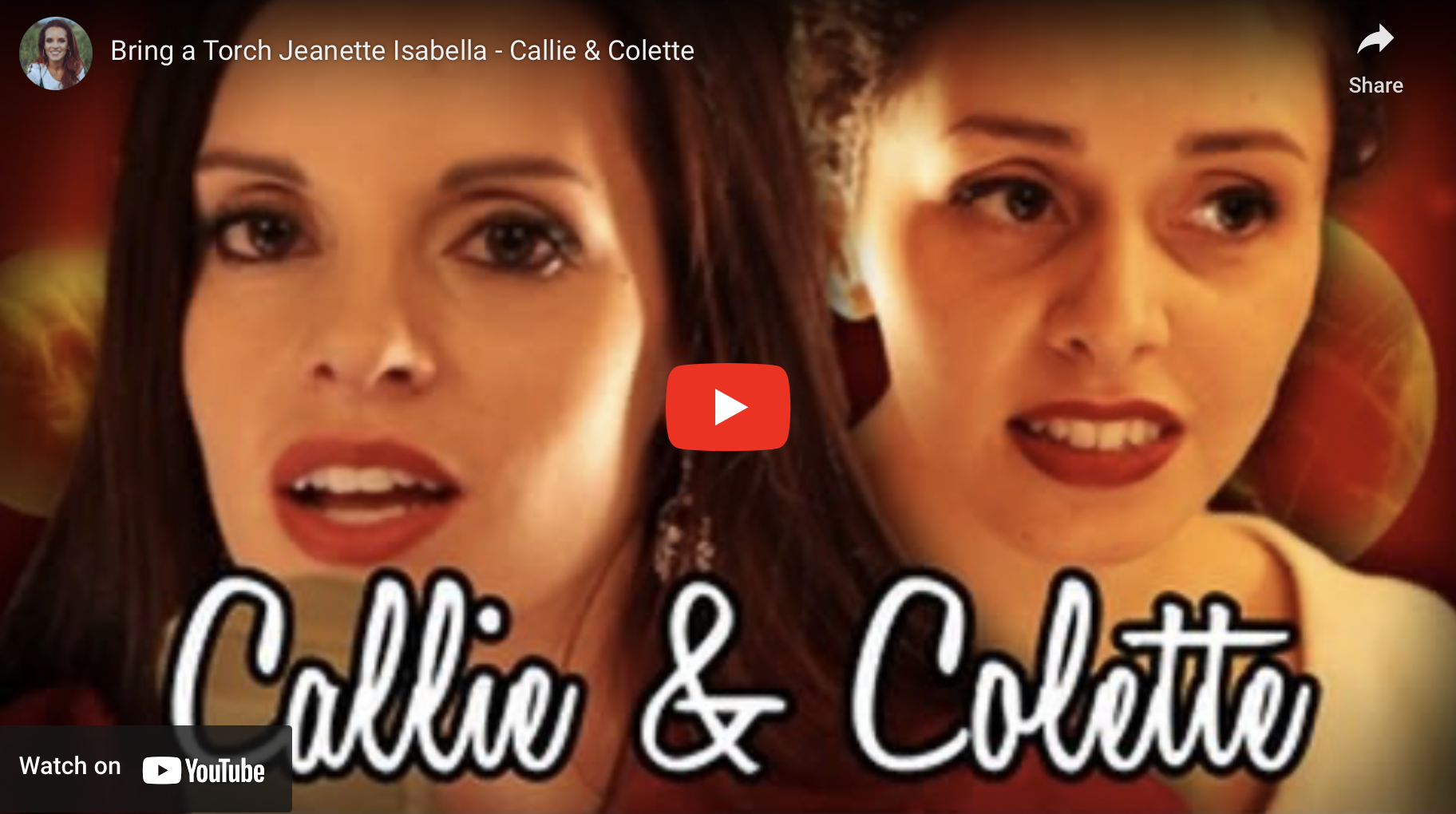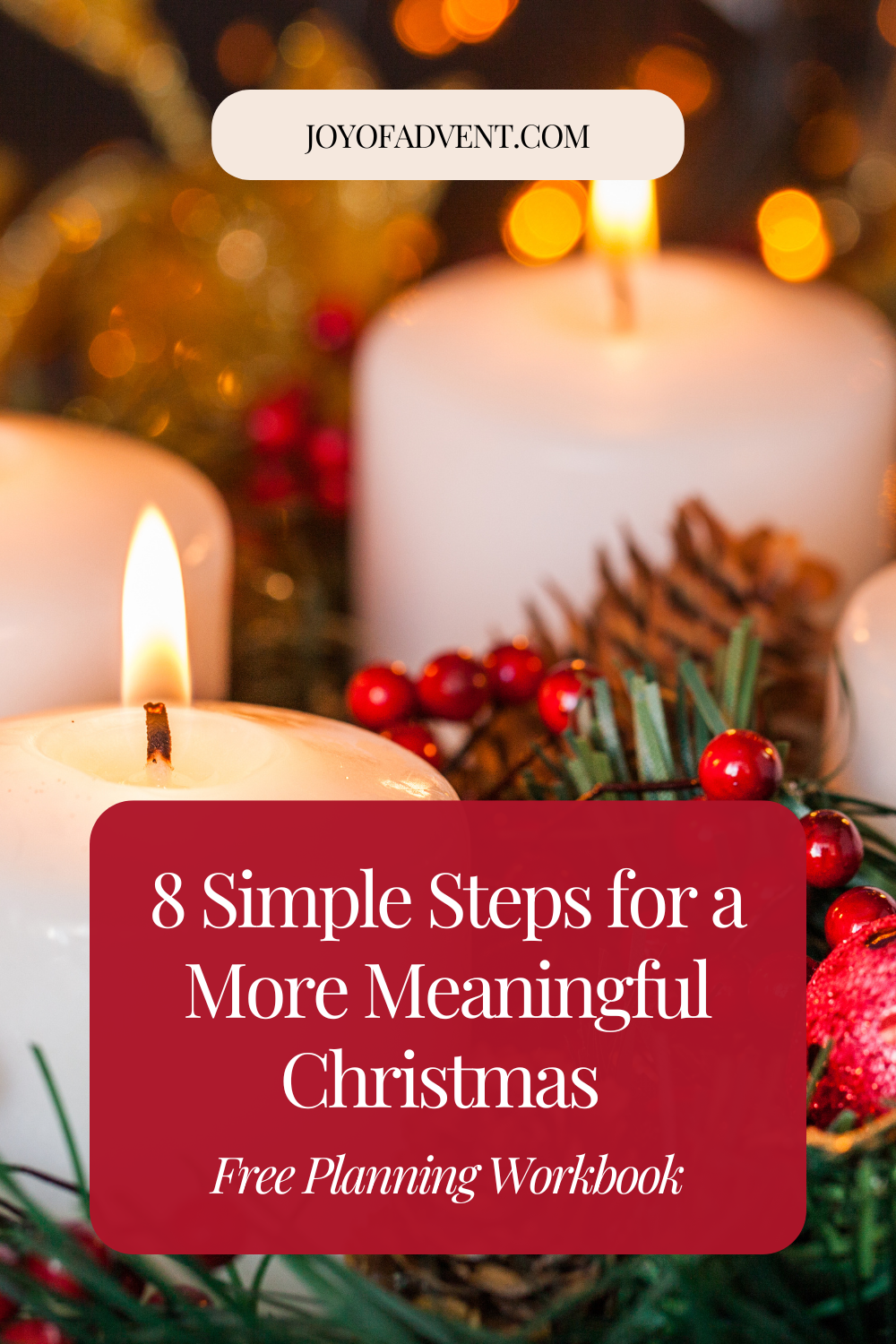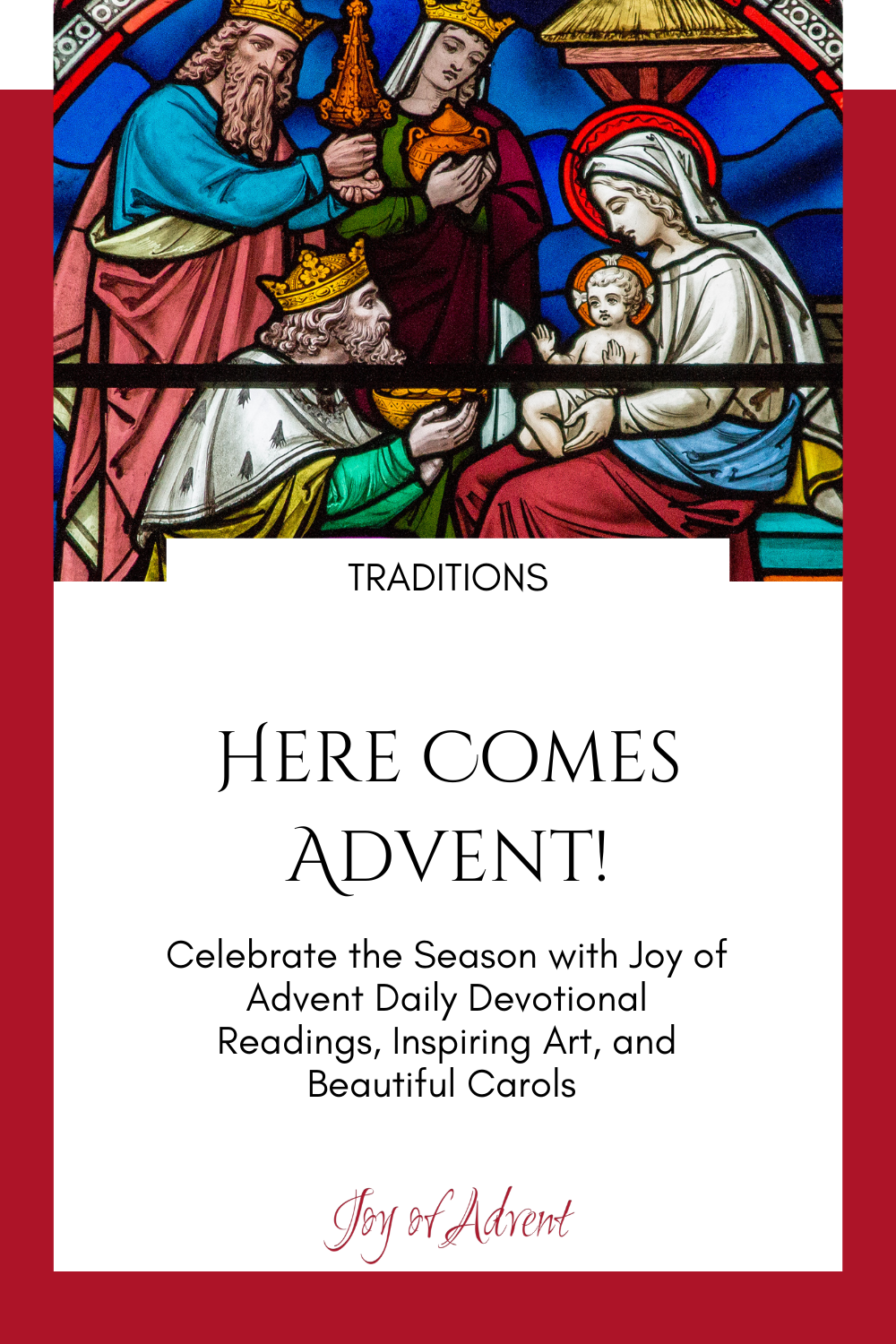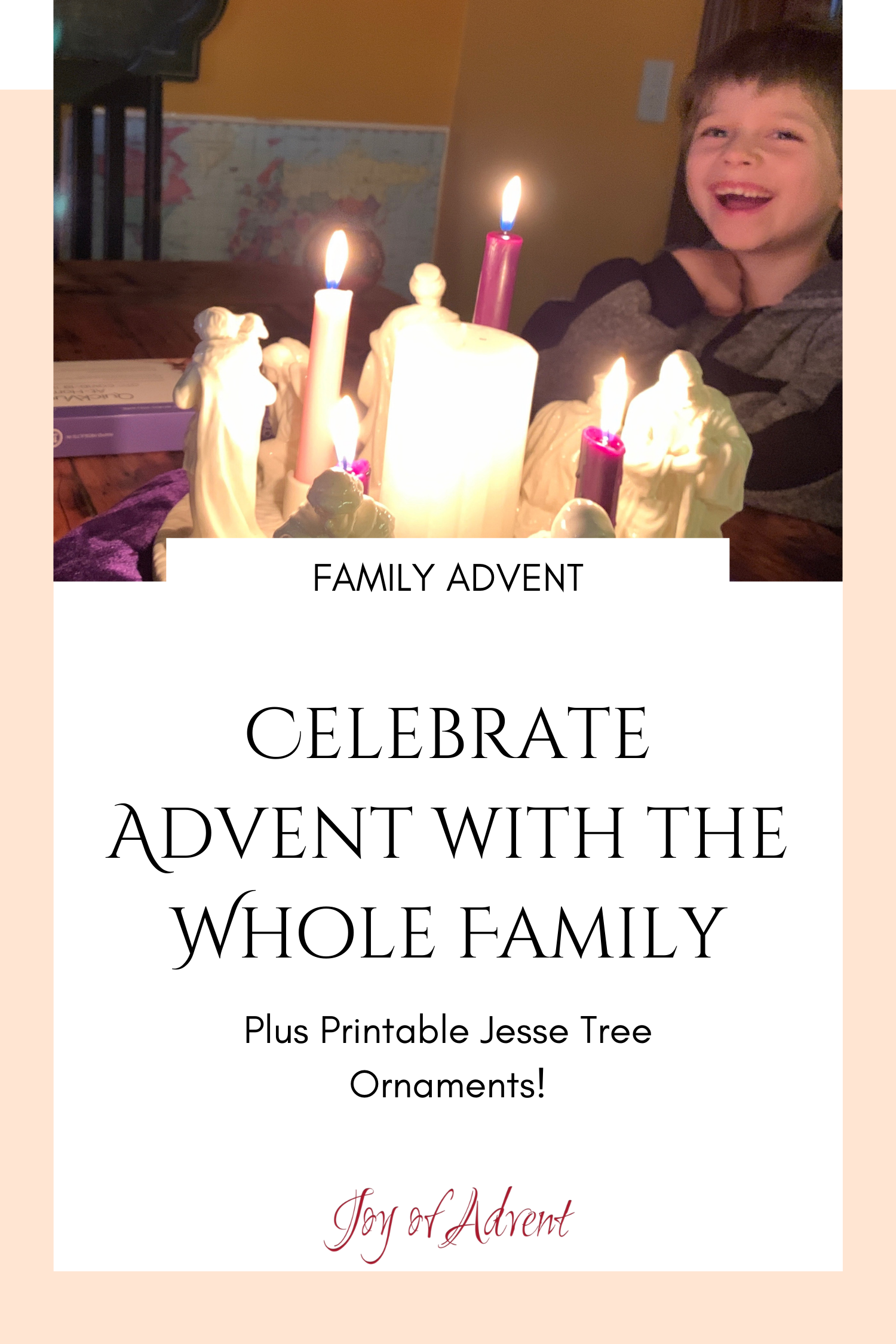Day 12: Hannah’s Prayer
Now there was a certain man of Ramathaim Zophim, of the mountains of Ephraim, and his name was Elkanah the son of Jeroham, the son of Elihu, the son of Tohu, the son of Zuph, an Ephraimite. And he had two wives: the name of one was Hannah, and the name of the other Peninnah. Peninnah had children, but Hannah had no children.
And whenever the time came for Elkanah to make an offering, he would give portions to Peninnah his wife and to all her sons and daughters. But to Hannah he would give a double portion, for he loved Hannah, although the Lord had closed her womb. And her rival also provoked her severely, to make her miserable, because the Lord had closed her womb.
Then Elkanah her husband said to her, “Hannah, why do you weep? Why do you not eat? And why is your heart grieved? Am I not better to you than ten sons?”
So Hannah arose after they had finished eating and drinking in Shiloh. Now Eli the priest was sitting on the seat by the doorpost of the tabernacle of the Lord. And she was in bitterness of soul, and prayed to the Lord and wept in anguish. Then she made a vow and said, “O Lord of hosts, if You will indeed look on the affliction of Your maidservant and remember me, and not forget Your maidservant, but will give Your maidservant a male child, then I will give him to the Lord all the days of his life, and no razor shall come upon his head.”
And it happened, as she continued praying before the Lord, that Eli watched her mouth. Now Hannah spoke in her heart; only her lips moved, but her voice was not heard. Therefore Eli thought she was drunk. So Eli said to her, “How long will you be drunk? Put your wine away from you!”
But Hannah answered and said, “No, my lord, I am a woman of sorrowful spirit. I have drunk neither wine nor intoxicating drink, but have poured out my soul before the Lord. Do not consider your maidservant a wicked woman, for out of the abundance of my complaint and grief I have spoken until now.”
Then Eli answered and said, “Go in peace, and the God of Israel grant your petition which you have asked of Him.”
And she said, “Let your maidservant find favor in your sight.” So the woman went her way and ate, and her face was no longer sad.
So it came to pass in the process of time that Hannah conceived and bore a son, and called his name Samuel, saying, “Because I have asked for him from the Lord.”
Now when she had weaned him, she took him up with her, with three bulls, one ephah of flour, and a skin of wine, and brought him to the house of the Lord in Shiloh. And the child was young. Then they slaughtered a bull, and brought the child to Eli. And she said, “O my lord! As your soul lives, my lord, I am the woman who stood by you here, praying to the Lord. For this child I prayed, and the Lord has granted me my petition which I asked of Him. Therefore I also have lent him to the Lord; as long as he lives he shall be lent to the Lord.” So they worshiped the Lord there.
—From 1 Samuel 1–2:10 (NKJV)
“Both Hannah and Mary sang songs of praise recorded in Scripture. The same themes run through their songs, nearly parallel until the end...”
Reflection
Hannah did not have to bring Samuel back to the temple to be raised by Eli. She could have satisfied her vow by making a donation. Would you fulfill such a promise when there was an easy way out of it? Perhaps you would think God was asking too much, that surely he couldn’t expect you to deliver your only son over to Eli, father of those two wretched boys all of Israel had heard about. Yet Hannah promised, and she obeyed. Worth noting, she also went on to have five more children, so her obedience was richly blessed! Yet consider that Hanna didn’t see her promise as a simple promise. It was a vow—a covenant. A covenant is more than a promise; it is a solemn promise. We live in a world of contracts—we sign on the line, and if we regret it, change our minds, find something better, our lawyers can surely come to the rescue. A covenant is not a contract. Hannah wanted a child, made a vow, received the desire of her heart, and in obedience, consecrated him back to God. Consider today an act of obedience that may have been resting on your heart. It may be a relationship to mend, a book to return, a debt to pay … or one to forgive! Perhaps it’s a neighbor to visit or child who desperately needs your undivided attention. Let this not be a season of wanting, but a season of doing!
Celebrate Together
Gather the family for today’s Celebration in our book, The Joy of Advent. Wonder at Hanna’s obedience and sacrifice, explore the Jesse Tree symbol of Hannah’s praying hands, discover the history behind today’s carol, and enjoy a family conversation (or private journaling) about promises.
Today’s Jesse Tree Symbol:
Praying hands remind us of Hannah’s answered prayers.
Inspiration
Hannah at Prayer
Wilhelm Wachtel, 1875–1942. Her heart’s desire, poured out to the Lord.
Music
Bring a Torch Jeanette Issabella is a touching Christmas lullaby. [Play Video]
Reflect as you watch Infant Holy, Infant Lowly how Christ sets us free. [Play Video]
Visit our Joy of Advent YouTube playlist for featured videos, our Ultimate Christmas playlist for all our favorite carols, or our sing-along carols to enjoy karaoke style.
Prayer
O Lord, accept me in penitence. O Lord, leave me not. O Lord, lead me not into temptation. O Lord, grant me good thoughts. O Lord, grant me tears and remembrance of death and compunction. O Lord, grant me the thought of confessing my sins. O Lord, grant me humility, chastity and obedience. O Lord, grant me patience, courage and meekness. O Lord, plant in me the root of all blessings, the fear of Thee in my heart. O Lord, grant me to love Thee with all my mind and soul, and always to do Thy will. O Lord, protect me from certain people, and demons, and passions, and from every other harmful thing. O Lord, Thou knowest that Thou actest as Thou wilt; may Thy will be also in me, a sinner, for blessed art Thou for ever. Amen.
St. John Chrysostom (347–407)
Resources
Prayer beads are not limited to Catholic rosaries. In fact, many Christian denominations use them as a way to remind us to pray, help focus our prayers and remove distractions. Here’s a tutorial on making your own prayer beads, or instructions for a DIY Lord’s Prayer Bracelet.
Enjoy a printable coloring page of Hannah.
Would you like to make Jesse Tree ornaments to accompany your readings? Find tutorials and ideas from simple to advanced at our Jesse Tree Ornaments Pinterest board.
If you’re enjoying this resource, please consider supporting our mission.












